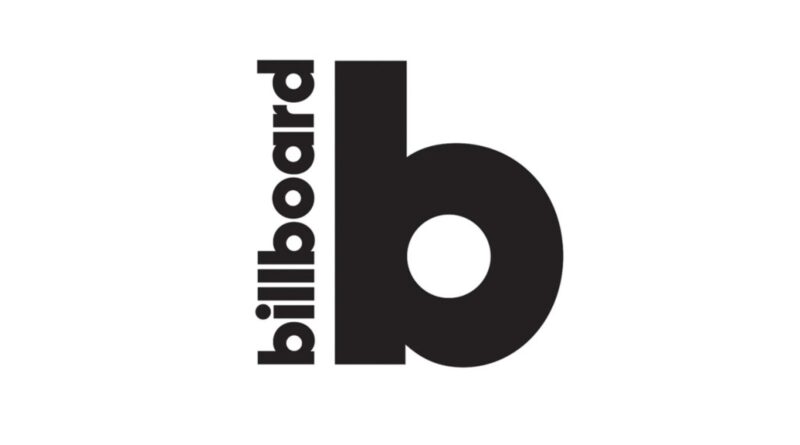Key Album Genre Charts Evolve & Expand in 2025
Entertainment
Beginning in January, Billboard will roll out updates to some of its weekly album charts.
Courtesy Photo
Beginning in January, Billboard will roll out updates to some of its weekly album charts.
Commencing with the Billboard charts dated Jan. 18, 2025 (reflecting the Luminate tracking week ending Jan. 9), six longstanding album genre charts will transition from sales-only rankings to consumption-based tallies, and expand their depths. Plus, three album genre charts that were already consumption-based will also increase their depths.
Consumption-based album charts rank the most popular titles of the week by equivalent album units earned, as compiled by Luminate. Units comprise album sales, track equivalent albums (TEA) and streaming equivalent albums (SEA). Each unit equals one album sale, or 10 individual tracks sold from an album, or 3,750 ad-supported or 1,250 paid/subscription on-demand official audio and video streams generated by songs from an album.
The first Billboard album chart to transition from a traditional album sales-based ranking to a consumption-based tally was the overall all-genre Billboard 200 in December 2014. The bulk of Billboard’s album genre charts migrated to a consumption-based ranking in January 2017. (With the January 2025 updates, essentially all of Billboard‘s genre album charts will have migrated to consumption-based ranking.)
Lastly, the Heatseekers Albums chart, which ranks the week’s most popular albums by new and developing acts, will be retired, beginning with the Jan. 18, 2025-dated list. Billboard will continue to chart new and developing acts on its weekly Emerging Artists chart, which launched in 2017. The Emerging Artists chart ranks the most popular developing artists of the week, using the same formula as the all-encompassing Billboard Artist 100, which measures artist activity across multiple Billboard charts, including the Hot 100 and Billboard 200. (The Artist 100 lists the most popular acts, overall, each week.) However, the Emerging Artists chart excludes acts that have notched a top 25 entry on either the Hot 100 or Billboard 200, as well as artists that have achieved two or more top 10s on Billboard’s “Hot” song genre charts and/or consumption-based “Top” album genre rankings.
Here’s a recap of the changes to Billboard ’s album genre charts beginning with the charts dated Jan. 18, 2025:
Bluegrass Albums – Transitions from a 10-position album sales-only chart to a 15-position consumption-based chart, ranking albums by equivalent album units.
Blues Albums – Transitions from a 10-position album sales-only chart to a 15-position consumption-based chart, ranking albums by equivalent album units.
Cast Albums – Transitions from a 10-position album sales-only chart to a 15-position consumption-based chart, ranking albums by equivalent album units.
Classical Crossover Albums – Transitions from a 10-position album sales-only chart to a 15-position consumption-based chart, ranking albums by equivalent album units.
Traditional Classical Albums – Transitions from a 10-position album sales-only chart to a 15-position consumption-based chart, ranking albums by equivalent album units.
Kid Albums – Transitions from a 15-position album sales-only chart to a 25-position consumption-based chart, ranking albums by equivalent album units.
New Age Albums – Expands from 10 to 15 positions, remains a consumption-based chart, ranking albums by equivalent album units.
Tropical Albums – Expands from 20 to 25 positions; remains a consumption-based chart, ranking albums by equivalent album units.
World Albums – Expands from 15 to 25 positions; remains a consumption-based chart, ranking albums by equivalent album units.
As with all genre consumption album charts, the rankings for the above album genre charts will be inclusive of both current and catalog titles.
Daily newsletters straight to your inbox
Sign Up
More From Pro

